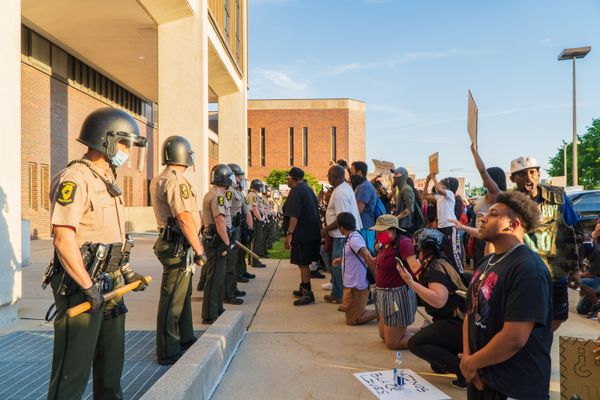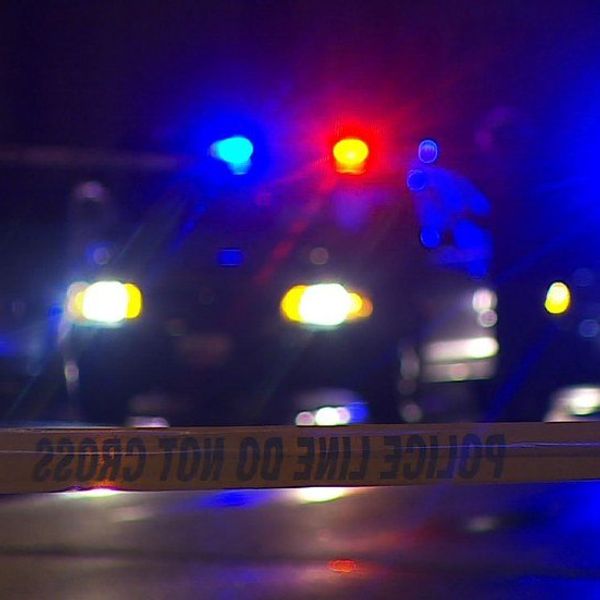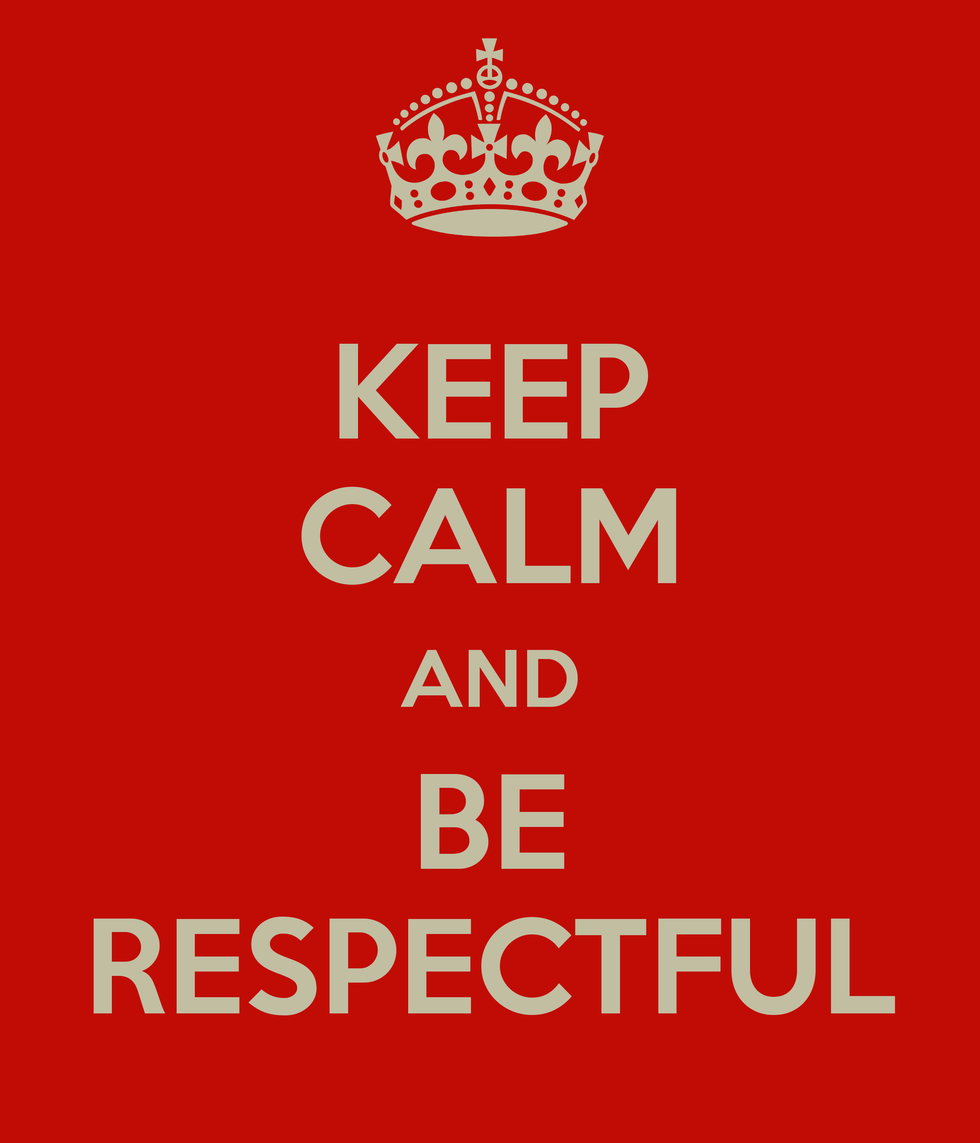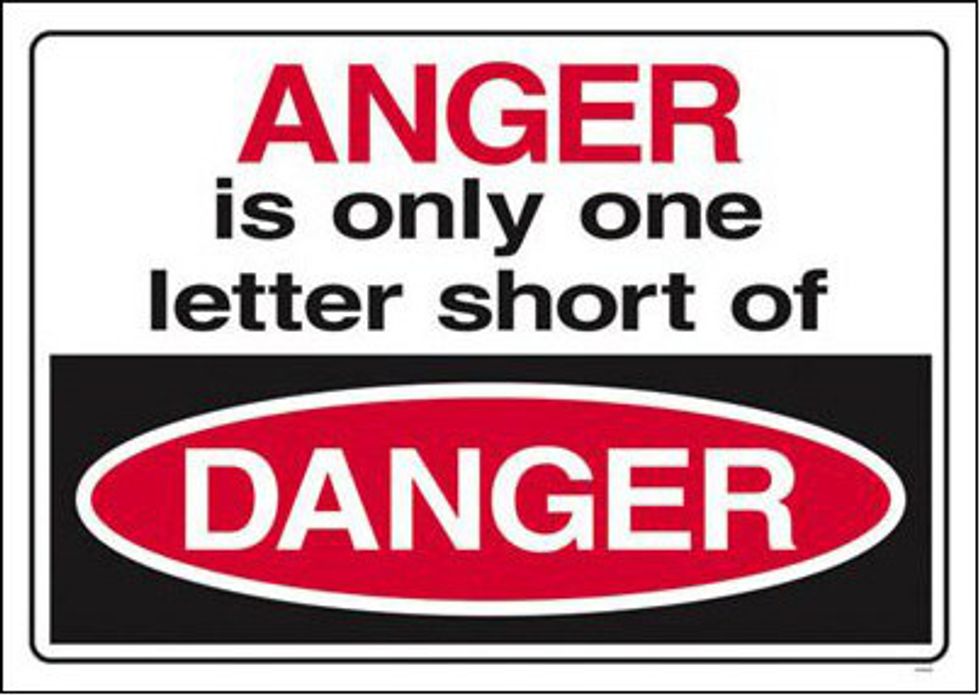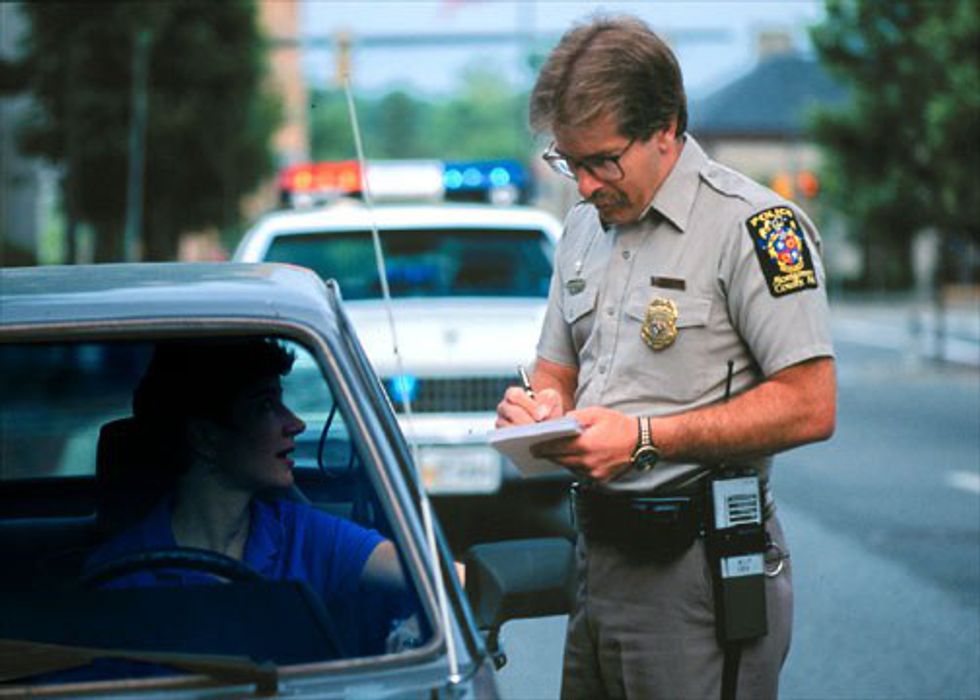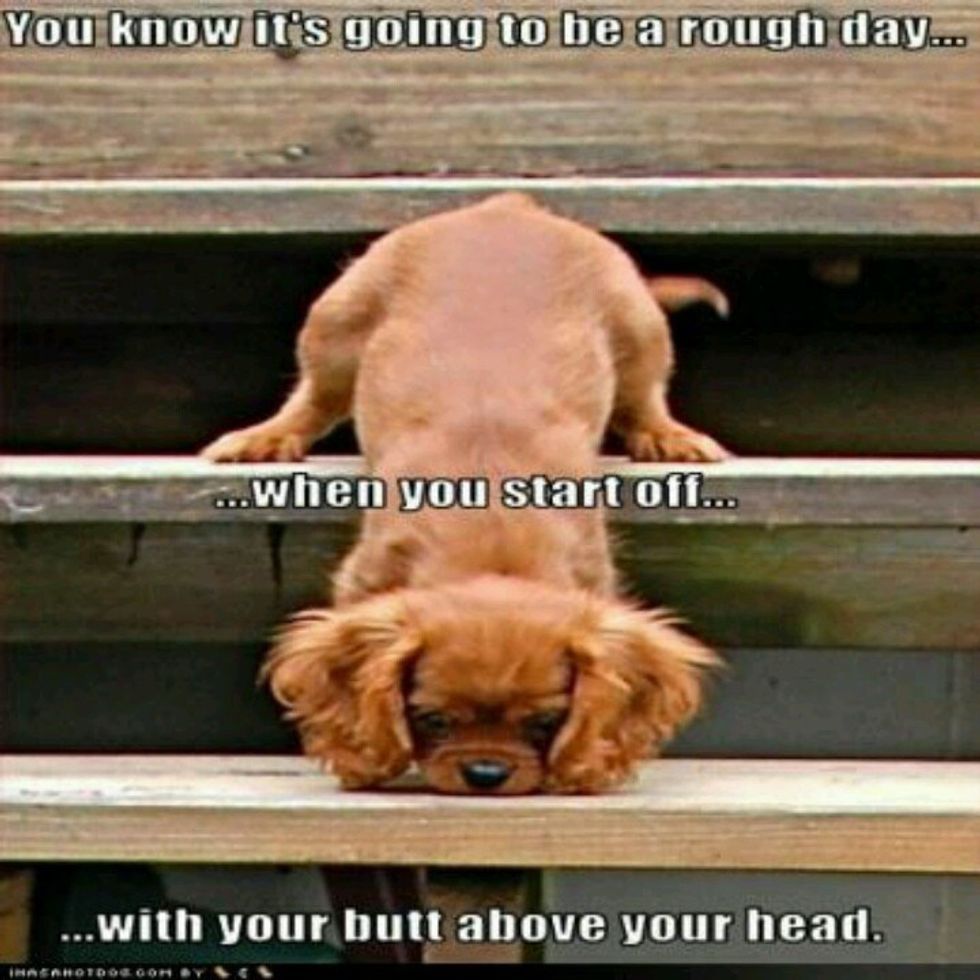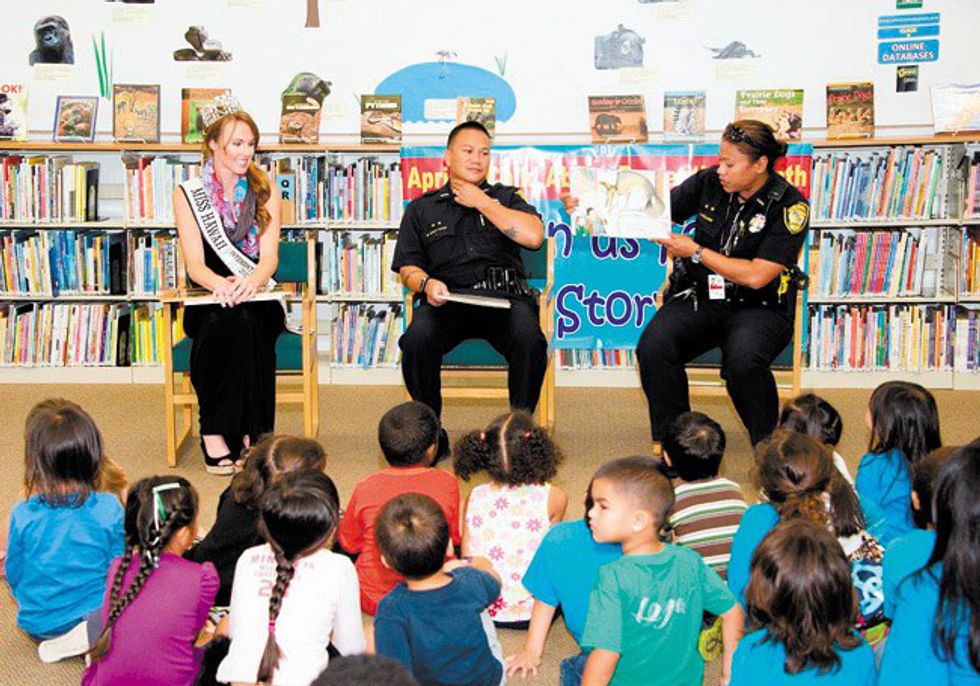Due to the current media firestorm on police brutality and misconduct, I believe it is necessary to highlight important nuances between how the media classifies law enforcement behavior, and how the majority of actual law enforcement behaves. In actuality, 95 percent of law enforcement officers are not bad people, but the five percent who misuse their power, or engage in police brutality, tend to set the standard for how the public views law enforcement officers. With police behavior in mind, we are going to make a little bullet list on how public behavior relates to police behavior.
Be respectful.
The majority of law enforcement officers will treat you with respect if you return the favor. An officer takes an oath to protect the public and uphold the law and the Constitution. The oath is. literally, taken to heart. Most officers are only looking out for an individual's, or group’s, wellbeing. Therefore, when an officer goes out of his or her way to ask a question or check up on some folks, don’t be rude, hateful, or nasty. Show some respect: yes sir, yes ma’am. It’s that simple. In fact, a large portion of the general public do this, and though they may be angry because they are getting a speeding ticket, they know the officer was only doing his or her job. A crisis situation is averted, and both the individual and the officer go on their merry way.
Control your anger.
Be honest. You know if you were speeding, so don’t act surprised and don’t get an attitude. Though, at the time we fail to see that our speeding ticket has validity, going 70 mph in a 35 mph zone is not the safest thing to do -- not only for the driver, but for pedestrians and other motorists as well. Now, on lesser traffic offenses, by not getting all knotted up and red-faced, an officer may let you slide. Of course, this is not always the case, but getting a temper will definitely not help your cause; in fact, it will more than likely make your ticket worse.
How to behave when pulled over.
In reality, an officer is just as nervous as the person getting pulled over. Officers have no idea what you may have in the car: drugs, a weapon? The best thing to do after pulling over is to pull your license out and then place your hands on the steering wheel. Keep calm. The officer will notice and be less likely to think that you have tried to hide something. Be polite and respectful. Be cooperative. Do not behave like an adolescent. If the officer asks to search your vehicle, whether you have anything to hide or not, let him or her search the vehicle. Saying, no, will just make your problem worse and make you look more suspicious. Legally, you do not have to let him search your vehicle. Chances are, if you don’t have anything illegal in the car, the officer will not even ask to search, anyway. However, more often than not, if an officer asks to search your vehicle, then you know you have something that you should not.
Officers have bad days, too.
Not every interaction with an officer is going to be a good experience. You may get pulled over by a complete a**hole, but not all officers are this way. The officer may be having a rough day at work. Ten minutes before an officer pulled you over, he or she could have responded to an accident where a child passed. It is hard to be a law enforcement officer. It takes a toll mentally and physically. You may not meet one on their best day. Give them a break.
Community relationship.
An officer’s relationship with the community he or she works in is essential. I think one of the greatest pitfalls of our time is not having our law enforcement more involved in the community. However, the problem is not with law enforcement alone and isn't in every case law enforcement’s fault. The people in the community, the general public, have to be willing to get to know their local law enforcement officers. A relationship like this will allow law enforcement officers to cater to the community’s needs, make them more personable, and help eliminate negative confrontations. The lack of this relationship is one reason why there are more conflicts between the public and law enforcement. But, it can be fixed. We need some Sheriff Andy Taylor type relationships with the people. There are officers out there who fit the criteria. A little bit more Mayberry, folks!
All in all, we the public must understand that an officer is not perfect, but we play a part in their behavior. How we act speaks volumes to an officer. It is within our power to make our experience with an officer much more relaxed on both sides of the spectrum. Please remember, an officer risks his or her life every day to keep us safe. They have families, too. They want to make it home every day to their husbands or wives, to their children.
More training and stricter criteria may help diminish some of the “bad ones,” but the root lies with society. We set the stage, we create the good and the bad. An officer’s job is to protect, distinguish between the good and the bad, and act upon it. It takes a special person to be an officer, for that, I am grateful and respectful to those who choose to take on the badge. Be thankful because when you call 911, whether it be a burglary, a car accident, or a gun fight, an officer may be the only thing between you and the grave.

